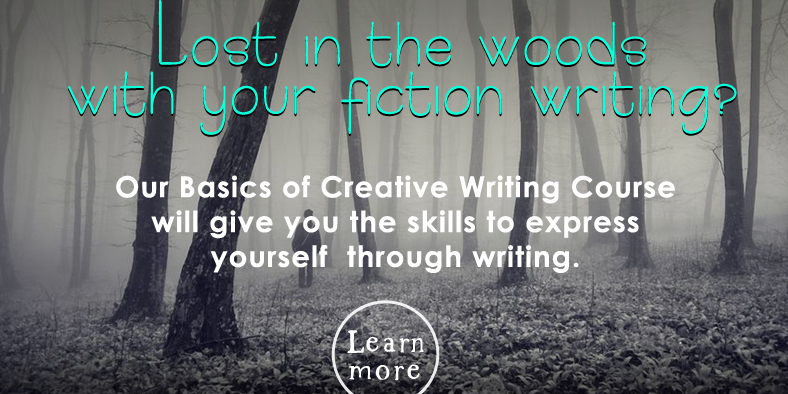BY DEEPTI KUMAR

It was in the summer of 2010, shortly after I had just started my first real job after university, that I finally felt like I was coming into my own voice as an amateur writer.
My blog was set to private and I wrote on Notepad every evening while switching between tabs on the internet. Some of these tabs were open for work; others were sites on how to battle depression.
It was in the witching hour between late night and the earliest hours of the morning that a wave of insecurity would hit me the hardest.
I would summon into the emptiness all my clumsy words, simply pushing them away from me forcefully almost as if to distance myself from the strange thoughts my mind came up with, push them out and stare at them in terror mingled with apprehension and disbelief, like a mother looking at a demon child.
That was also the summer that my addiction to social media hit an all-time high. I participated zealously in the tiny fragments of lives lived all around the world, all of us caught up in this same web merely one window away from our physical reality, unable and unwilling to extricate ourselves.
I enjoyed my online persona. Online-Me had freedom, space, and most of all, the
I made a swift decision to clean up my blog, throw in some pretty templates and attractions, and open it out for WWW consumption.
At first, I added only my family, who I knew would be
After many fits and starts, I went full public. I wanted the comments on it to be moderated, but I was simultaneously terrified of reading them. I was unable to moderate the depth and register of my writing voice, and that bothered me more.

It was at this time that I stumbled upon a raging discussion lambasting my favourite series, Harry Potter. The reviewer lamented that the characters that she had grown up with had mutated into devilish teen-monsters in the last two books, doing unspeakable, inappropriate things, seizing their emotional autonomy in uncharacteristic ways and sullying what she maintained to be “beloved children’s literature.”
I could see the merit in some of these statements and
Write characters that look the way you want people to feel about them.
Write stories in the way that you want people to feel about them.
Write in a way that you want people to feel about it.
I knew then that my angst-filled blog had a reason. The grim stories, the free-style poetry, the fragmented, hiccuping rhythm: they all had a cohesion. Not only was I writing how I felt,
As long as I, the writer, stayed present, in that world WITH them, I could stay true to what I experienced and felt, and the reader wouldn’t have to seek proof — they would feel it for themselves.
About the Author
Deepti Kumar is an English teacher based in Bangalore, India. She loves reading and writing fiction and poetry. She enjoys teaching literature and creative writing to children and young adults. While not teaching, she spends her time writing, singing and travelling. Every experience is an adventure and a potential story to her.

Photo Credit : Pexels.com













